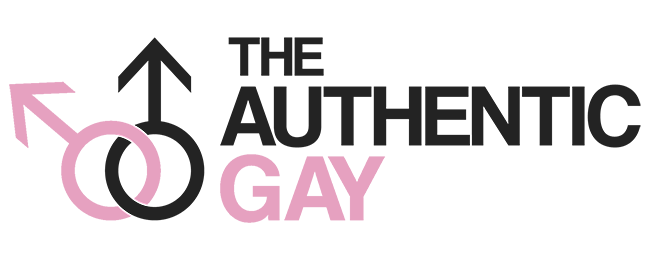The Challenges of Covid-19 on LGBTQ Mental Health
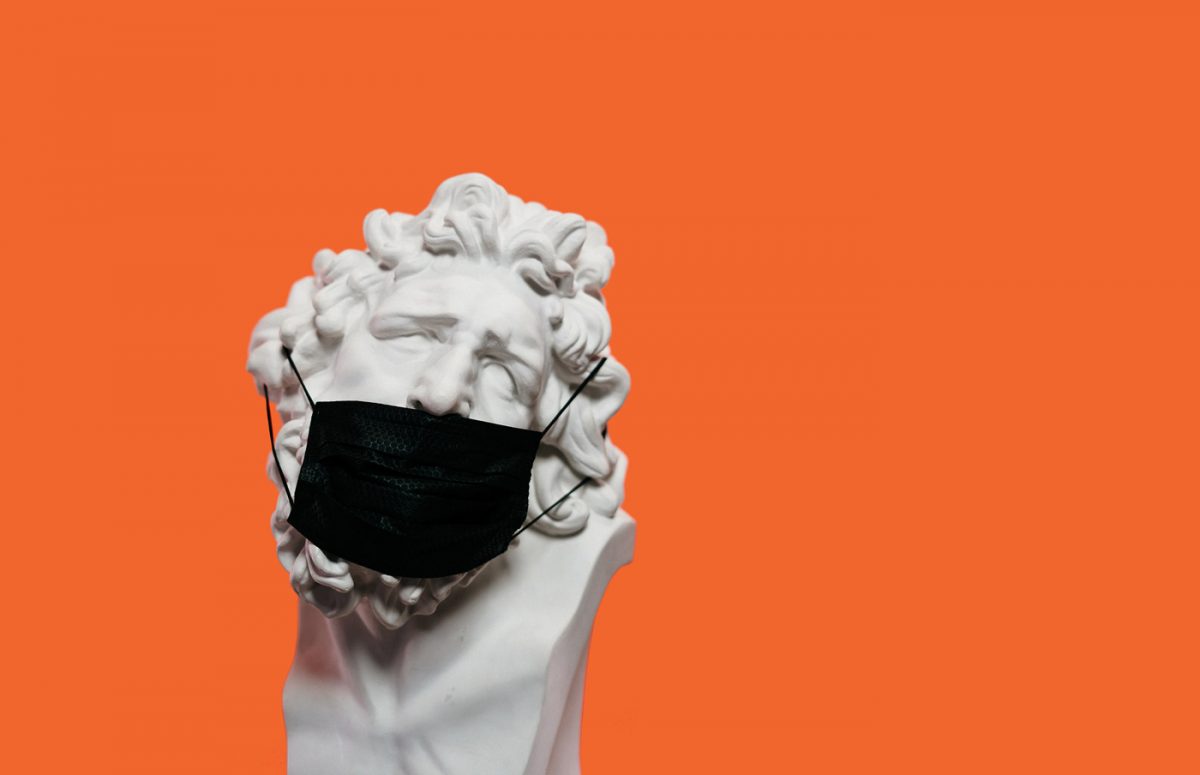
It’s 7:09 AM. I’ve been awake for twelve hours. My sleep schedule is so off, I feel like I exist in a different time than everyone around me. I’m taking the new medication my psychiatrist recommended, and it’s giving me insomnia and/or diarrhea and/or a scapegoat for my bad habits. I told the editors of this site, the ones reading my rough draft right now, that I had a mountain of research I was piecing together to form an article. What they don’t know is that, for most of the week, I was playing Candy Crush and binging Grey’s Anatomy (sorry, guys). I cried into my taquitos when April Kepner agreed to marry Matthew Taylor because she should be with Jackson Avery. I’m struggling.
Being Gay and Depressed During COVID-19
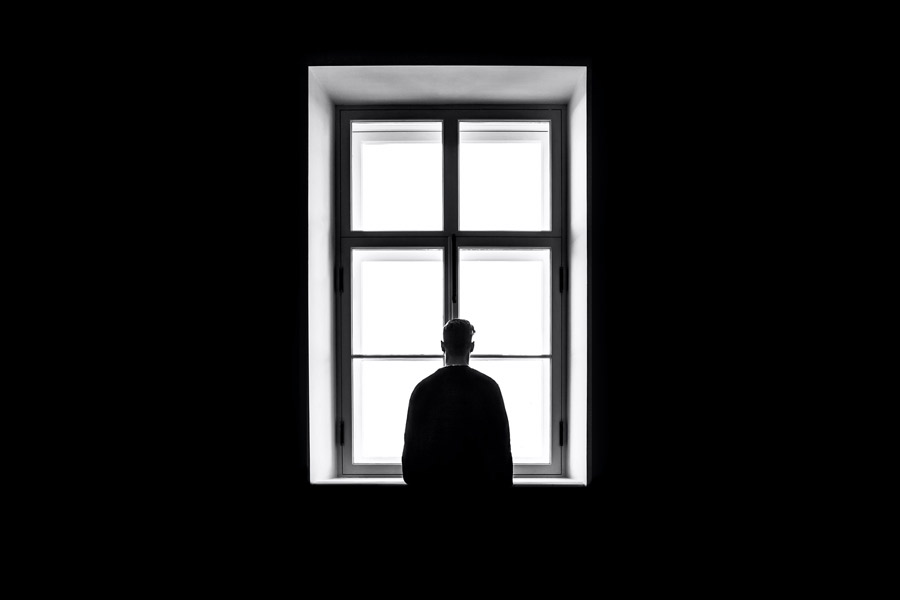
I don’t blame it on being gay. I’m not struggling right now because I’m gay. I’m struggling because I already have depression and anxiety, and the world has added a new layer of challenges on top of that. There are many ways to look at depression, and one way to slice it is into situational vs. clinical depression. Situational depression is a temporary feeling of depression that will resolve with the rigth depression therapy and treatment. Clinical depression, on the other hand, is a persistent experience of depression, and it’s more severe than situational depression. I have clinical depression with a Corona-induced situational depression thrown on top of it—a mental health double-whammy.
But, to be honest, I do blame it on being gay a little bit. Being LGBTQ means you are more prone to mental health issues, including depression, anxiety, and suicidal ideation[1]. Being gay has contributed to my clinical depression, which makes COVID-19 even more challenging. According to the CDC, there are many different at-risks groups during this pandemic, such as people over 65 years of age and people that are immunocompromised[2]. LGBTQ people are not explicitly mentioned in a possible depression treatment. Therefore, popular topics in the media include open letters from well-respected organizations demanding action, news articles bringing awareness to the implications of COVID-19 for LGBTQ people, and pleas for gay men to stop hooking up. It’s not just me. LGBTQ people are struggling, too.
We’re Missing More Than Hookups
This media coverage is important. Gay men need to stop, or at least severely limit, their sex with strangers or acquaintances. Even asymptomatic people can carry COVID-19, so there is no such thing as a safe in-person sexual interaction with someone you don’t live with. Dr. Anthony Fauci, a prominent figure in Trump’s coronavirus task force, said of hooking up on Grindr, “you know, that’s tough. Because it’s what’s called relative risk … If you’re willing to take a risk—and you know, everybody has their own tolerance for risks—you could figure out if you want to meet somebody.” Dr. Fauci’s answer was intelligent, honest, and direct—a refreshing change from our political norm. However, his response mirrors media coverage of gay men on Grindr, which misses the underlying point: for most of us, sex is a vital part of life. Putting social stigma aside, people need human intimacy to survive. Human connection – touch, is important, and we’re missing it.
The stereotype of the sex-obsessed gay man is overplayed. But it’s still true that gay men use sex as a way to make up for feelings of inadequacy[3]. For some, sex is more than a physical connection. It can reassure us that we are desirable. That we are worthwhile. While this is not a healthy approach to sex or self-esteem, the surprise disappearance of one of our coping mechanisms is jarring. It can push us to dig deep and better understand ourselves, but it can just as easily topple us over as we search for validation in an empty void.
The Loneliness Pandemic
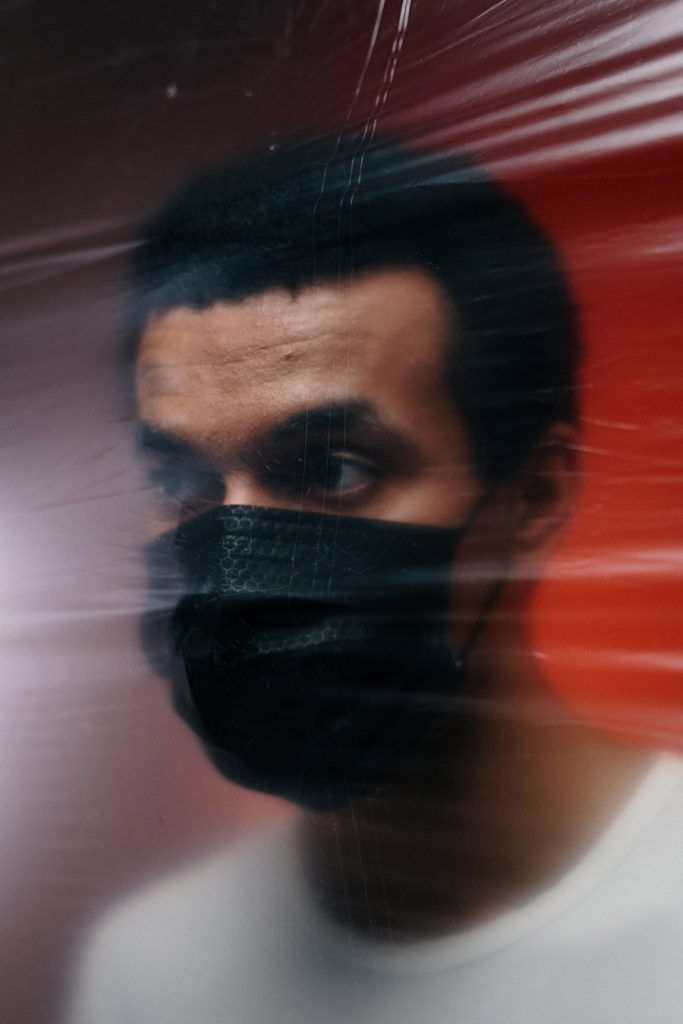
And the challenges aren’t just skin-deep. Familial and societal support systems, the ones many people are depending on to get through this pandemic, are stacked against LGBTQ people. Elderly LGBTQ people, particularly elderly trans people, are more likely to live alone, without familial support, as a direct result of their LGBTQ status, due to family rejection, loss of a loved one to AIDS, or not having kids[4]. Young LGBTQ people struggle with family support differently. Some don’t have a home at all; an astounding 40% of homeless youth are LGBTQ. Others may be stuck in a toxic home with an unsupportive family.
Similarly, LGBTQ people are more likely than heterosexuals to experience domestic abuse[5], making quarantine particularly dangerous. The HRC released a comprehensive report enumerates many of the specific risks LGBTQ people face, including the fact that LGBTQ people are more likely to work in the medical or service industries most impacted by COVID-19, that LGBTQ people are less likely to have healthcare, and that HIV+ people are more likely to be immunocompromised. There are too many examples to be listed in one report. A story from Vice jumps to mind, one that focused on the impact to drag queens, many of whom rely on bars and in-person crowds, and how they are trying to take their shows online to make ends meet and continue their art. That’s the definition of a uniquely queer challenge.
LGBTQ Dealing with the Challenges of COVID-19
Not only are we more likely to experience challenges, but we’re also less equipped to deal with those challenges. Elderly LGBTQ people, for example, were “already less likely than their heterosexual and cisgender peers to reach out to health and aging providers…because they fear discrimination and harassment,” according to USA Today[6]. The threat of discrimination, or more likely the conditioning from a lifetime of discrimination, means elderly LGBTQ people won’t reach out for the help they need.
So what do we do instead? Many of us turn to alcohol, cigarettes, and other substances, all of which LGBTQ people are more likely to struggle with[7]. Unsurprisingly, searches on Google for “drinking at home” have more than doubled since this time last year[8]. I know that more of my friends are taking up drinking or as a coping mechanism, and I am embarrassed to admit that I’m part of that group. I recognize that these are unhealthy, destructive habits that don’t help in the long run, but I do them anyway. I can’t (and don’t) blame my actions on being gay, but I do recognize how being gay has contributed to my struggles.
The Long-Term Impacts of COVID-19 on LGBTQ People
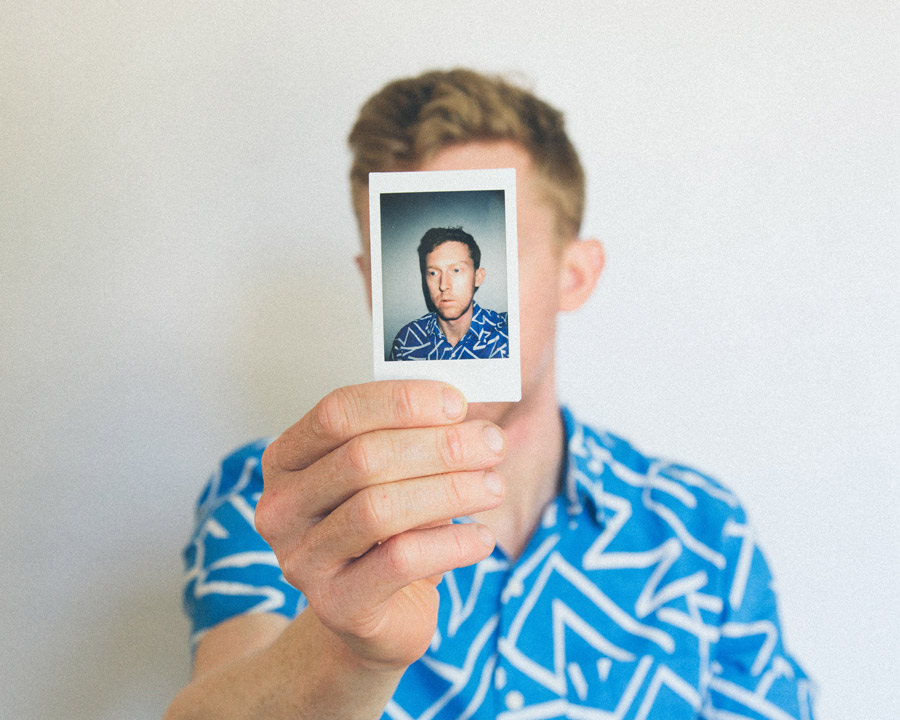
Unfortunately, COVID-19 is going to continue challenging LGBTQ people well after it is gone, and the long-term impact is getting less coverage in the media. It’s hard to focus on tomorrow when you don’t know how to get through today. But somehow, we need to find a way to look at the big picture amid the chaos. One of the many attacks is from religious leaders, including pastors, ministers, rabbis, and priests, who have blamed the coronavirus on gay people. An unnervingly common reaction from religious leaders to major natural disasters, this type of categorical demonization contributes to the very depression, anxiety, and suicidal ideation that plagues the community.
LGBTQ people respond to this type of hate and shame with Pride celebrations. More than a party or a parade, Pride is an important symbol to all LGBTQ people that we are not only okay the way we are—that we are worth celebrating. Now, over 220 Prides have been canceled or postponed worldwide[9]. Even more, leaders are taking this as an opportunity to attack LGBTQ rights, presumably while the world is (rightfully) distracted. In Hungary, a bill has been proposed that would ban transgender people from correcting their legal gender[10]. In the US, religious freedom is winning over social good[11], which is a bad indicator for LGBTQ rights. In Cook Island, a review of its legislation on same-sex relationships has been postponed[12]. (It’s worth noting that there has been at least one positive change: the US FDA reduced the amount of time gay men need to wait to donate blood after having sex, down from twelve months to three[13]).
However, my pessimism reminds me that cis straight people tend to change their policies and beliefs only when it affects them directly (like when they need more of our blood). Societal and legislative progress on LGBTQ issues are at risk, and I wish I had a solution. But, like most of us, I’m just trying to make it out of bed.
Tips on Surviving COVID-19
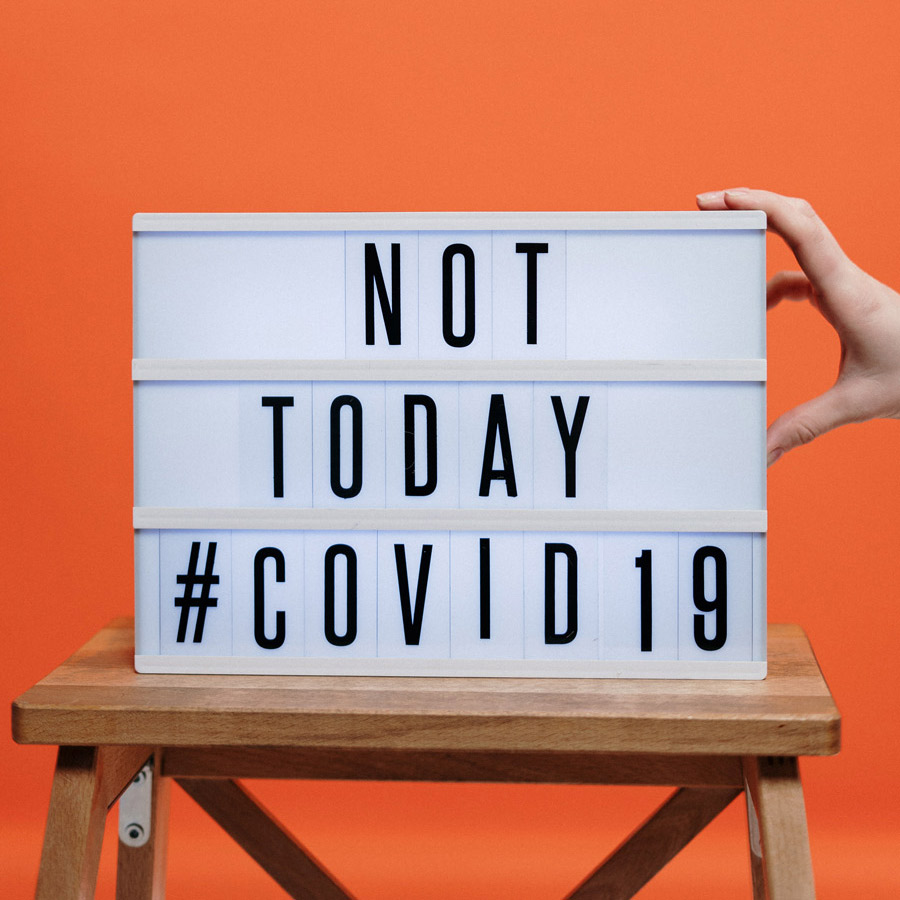
On a more positive note, the fact that I’ve struggled with depression and anxiety before COVID-19 means I’ve already been developing tools I need to get through difficult times. I’ve struggled before, and I know how to pull myself out of dark holes. I’m not a therapist, but there are a few important things I’ve learned that I’m trying to remind myself:
• I’m allowed to be proud of myself for getting out of bed.
• Pick two things, big or small, that I can achieve today. They can be as big as doing a full day of work or as small as picking up a sock from the ground. If I do those two things, I get to call today a success.
• I don’t have to be perfect. Doing one push-up is better than doing none.
• Go outside for one minute a day (in a responsible, socially distant way).
• Don’t be ashamed to reach out to friends, family, Reddit, or whoever. A simple, “I’m struggling and I wanted to let you know” can be helpful.
• Check in with other people when I can, especially my LGBTQ friends who I know will be struggling, too. Caring for other people makes both of us feel better.
• Flossing is an easy way to feel like an overachiever.
The most important thing I and many other LGBTQ people need to remember is that we are worthwhile people. We are important. We are valuable. And yes, this is still true, even while watching Grey’s Anatomy and playing Candy Crush. Just existing as an LGBTQ person is an important statement that shows we are real, we are alive, we are human. Once this is over, we’ll need each other to fight the blowback together. We’ll need to come together, in person. Yes, I’m struggling, but I’m also surviving. For now, that’s enough.
[1] https://www.ncbi.nlm.nih.gov/pmc/articles/PMC4887282/
[2] https://www.cdc.gov/coronavirus/2019-ncov/need-extra-precautions/people-at-higher-risk.html
[3] https://medicalxpress.com/news/2008-12-gay-men-risky-sexual-behavior.html
[4] https://assets2.hrc.org/files/assets/resources/COVID19-IssueBrief-032020-FINAL.pdf?_ga=2.202223377.1260201217.1587364571-2037702902.1586646678
[5] https://www.nbcnews.com/feature/nbc-out/coronavirus-restrictions-highlight-lgbtq-domestic-abuse-crisis-n1186376
[6] https://www.usatoday.com/story/news/nation/2020/03/18/lgbtq-coronavirus-community-vulnerable-covid-19-pandemic/2863813001/
[7] https://www.cdc.gov/msmhealth/substance-abuse.htm
[8] https://trends.google.com/trends/explore?date=today%205-y&geo=US&q=drinking%20at%20home
[9] https://time.com/5814554/coronavirus-lgbtq-community-pride/
[10] https://www.lgbtqnation.com/2020/04/hungary-mulls-bill-legally-erase-transgender-people/
[11] https://www.newyorker.com/news/daily-comment/despite-the-coronavirus-pandemic-the-government-is-still-targeting-lgbtq-rights
[12] https://time.com/5814554/coronavirus-lgbtq-community-pride/
[13] https://www.fda.gov/news-events/press-announcements/coronavirus-covid-19-update-fda-provides-updated-guidance-address-urgent-need-blood-during-pandemic
Kyle is the co-host of Gayish, three-time nominee for Best LGBTQ Podcast. Kyle’s writing has been published in literary journals such as The James Franco Review, Arkana, and Cat on a Leash Review. More info available at kylegetz.com.
